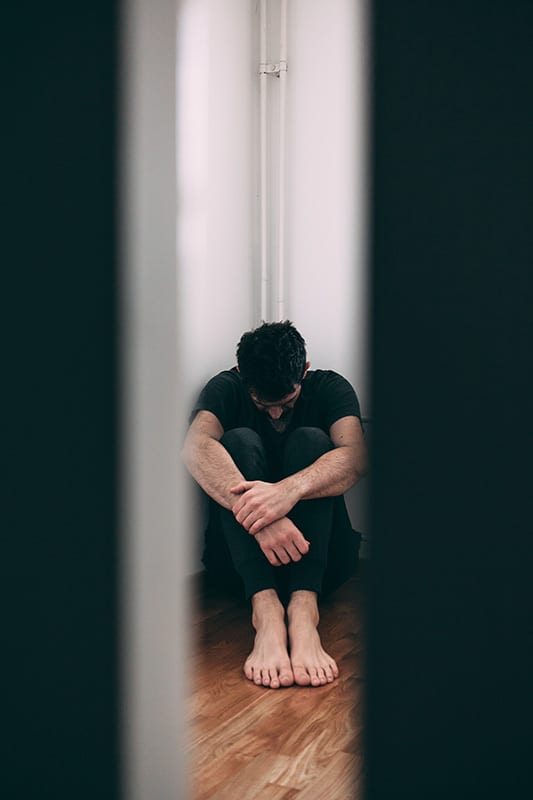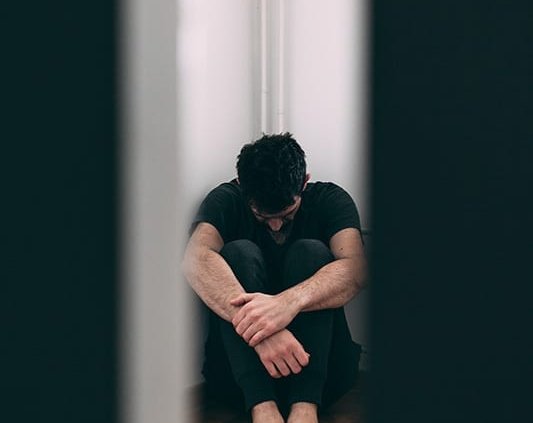How Does Drug and Alcohol Rehabilitation (Rehab) Provide Solutions?
 Many people have a difficult time finding pleasure or coping with distress and pain. In the beginning, alcohol and drugs often provide some of them a solution- a short-cut to relieving discomfort/ pain and access to pleasurable sensations.
Many people have a difficult time finding pleasure or coping with distress and pain. In the beginning, alcohol and drugs often provide some of them a solution- a short-cut to relieving discomfort/ pain and access to pleasurable sensations.
When people cease to develop or practice new paths to accessing pleasure or managing pain/ distress due to their reliance on chemicals, they lose the interest and ability to use relaxation, recreational and social skills. This addiction/ alcoholic “short-cut” to pleasure or pain reduction becomes a habit- the “short cut” continues to be used in the face of problems and consequences it creates.
The consequences of drug addiction and alcoholism result in experiences of profound loss and shame. Learning and practicing new skills and coping strategies rather than falling back to the “short cut” of addictive drug and alcohol use is the progressive and therapeutic solution. Tolerating discomfort, emotional upset and craving requires support and training.
Drug and alcohol rehabilitation programs (rehabs) should instill insights into the progression of each individual’s drug and alcohol misuse. Skills which will be used to avoid chemical use in the future requires coaching. Achieving pleasure or reducing discomfort and pain without chemicals requires education and direction.
The term “rehab” implies picking up skills which were lost and now relearned. Drug and alcohol rehabilitation should teach and support the practice of forgotten and new solutions toward achieving pleasure and managing distress and pain without substance abuse.
Following are examples of solutions that drug and alcohol rehabs should provide. These are a few of the “recovery skills” which are needed to sustain sobriety and to replace destructive drug and alcohol “short cuts”.
- Explore and practice the most effective/ least risky means of reducing or managing craving, pain and distress.
- Learn how to have fun, achieve pleasure, and to socialize without chemicals. Set aside time for daily recreation, hobbies, exercise and play.
- Actively participate in daily mutual recovery support activities and meetings. Maintain an awareness of the benefits of recovery and the risks of sliding back.
- Identify situations and triggers which lead to personal discomfort, cravings and potential relapse. Establish and practice a plan for managing your feelings and behavior.
- Practice following your step-by-step plans through to completion.
- Asking more senior people in recovery to help sponsor or mentor you in recovery activities. Practice asking others for help.
- Practice expressing your feelings and reactions to others in recovery.
- Inform family and friends of your recovery needs and establish boundaries to protect against conflicts, triggers and relapse. Establish and practice setting boundaries with friends and associates at work, school and recreation to protect your recovery.
- Reach out to fellows in recovery and build a practice of fellowship and sober social activities.
- Clean up your living environment to eliminate drug and alcohol triggers, and to create a relaxing and safe space for recovery.
- Establish a routine for caring for self- physically, emotionally and spiritually.
- See your doctor for a thorough health screening and treatment of medical problems. Inform your doctor and therapist of your recovery needs and risks.
- Revise your social media habits to eliminate triggering sites and activities, replacing them with recovery enhancing activities.
- Take actions which are consistently responsible and caring for others.
- Take responsibility for your own actions and feelings. Avoid blame.
Twin Town Treatment Centers is immediately accessible to all Los Angeles and Orange County residents, is accredited by The Joint Commission, and is certified by the California DHCS.
All network HMO/PPO/EPO insurance plans and Medi-Cal contract with Twin Town Treatment Centers to provide drug and alcohol rehabilitation.
Our phone is answered by real people. We can see people on the same day you call. (866) 594-8844


